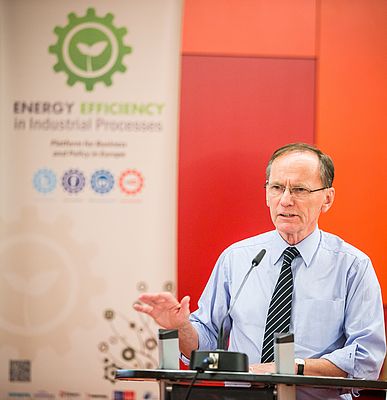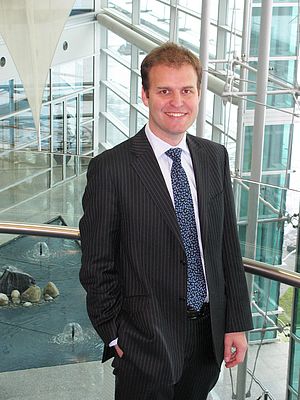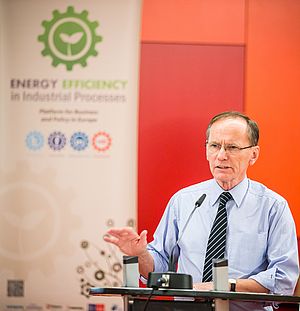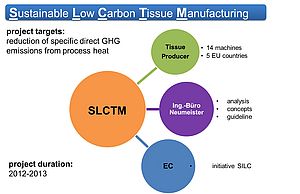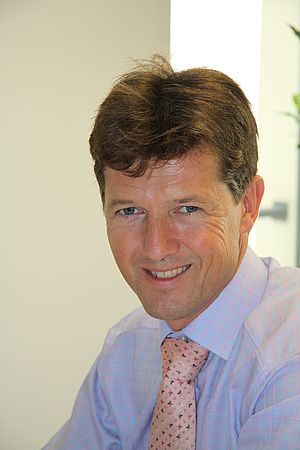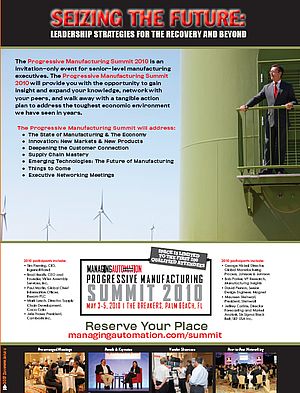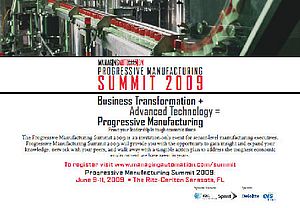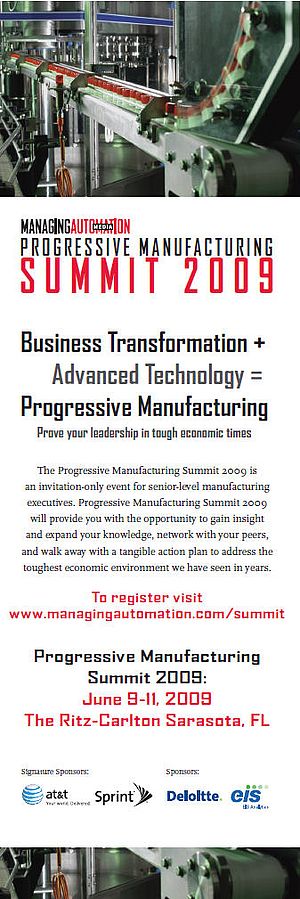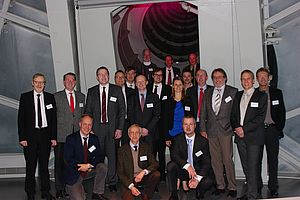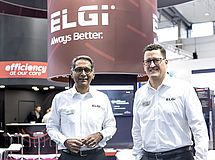The last years have proven difficult for Europe. The economy has still not fully recovered and the various attempts at kickstarting it, have not brought the results we expected – certainly not within the timeframe we expected. There is a blame game going on but we really don’t know whom to blame. We just know it isn’t “us”. Well, maybe we do need a mirror. While we may not be the problem, we may be the solution. Instead of waiting for others, maybe we have to take a more pro-active, deliberate and focussed approach.
It is in such an environment that we are pushing for greater energy efficiency. Some of these come through policy obligations and some come through, essentially, common sense. Then we get excited about the possibilities and then reality sets in when financing our potential projects gets more and more difficult. Or so we believe.
Many industrial sectors are complaining that US industry is gaining a competitive advantage because of its low-cost shale gas reserves that it is exploiting. A discussion paper published in May by ECEEE, the European Council for an Energy Efficient Economy, for which I was one of two authors, points out the simple fact that energy prices are not necessarily the cause of high costs. Application of energy efficiency reduces the volume of energy used and since costs are the product of price and volume, energy efficiency mitigates accordingly the disadvantage that higher prices may have.
The paper argues that energy efficiency will work in a number of important ways to boost the competitiveness of Europe. It will (A) in the short term, help solve the cost problems; and (B) in the longer term, it will lay the foundation for innovation and establishment of a new and invigorated industry for both sustainable energy services and for high quality products for rapidly changing domestic and global markets. In addition to and as a consequence of these investments in energy efficiency, (C) the improved labour productivity, increased competitiveness and larger market shares will lead to higher economic growth, lower public sector payments for unemployment benefits, and higher net VAT and income tax receipts.
While we intuitively understand that, I’m not sure industry is totally convinced. It is simply not easy. But what is holding things back? There are two things that I see. First, industry (or at least senior management) is still not aware of the cost-effective potential for energy efficiency improvements and all the other co-benefits that come with the improvements. Second, there is a problem finding financing. Let me address these.
There have been awareness programmes since the 1970s from government or technology/services providers. This could be a problem for small medium-sized enterprises where energy is such a small cost, but overall there is no excuse for not knowing, at least in broad terms. Obviously, a detailed audit will provide a comprehensive assessment of potential but the attitude towards appreciating the importance of energy efficiency generally starts before such an audit.
On financing, this is much more difficult. I chair the work on financing for EEIP and we have had several events dedicated to addressing this financing dilemma. What comes through is that there are many innovative approaches that are working: that includes dedicated private investment funds, insurance systems, multi-lateral banks providing co-financing and so on. When look at as a whole, there is a myriad of possibilities. Unfortunately, banks such the European Investment Bank (the world’s largest funder) needs to improve how it communicates the products it has.
In my weekly blog a few weeks ago, I focussed on the new SUSI energy efficiency fund. What shocks me, however, is that they are having a hard time finding projects. When I raised this with some financial experts in London, they confirmed that there are many other such firms with the same problems.
So, the need is there and the money is there. We have a better understanding of the benefits. There is no need for excuses. And yet, companies are still reluctant to come forward to use the financing that is currently available.
We definitely live in interesting times. We collectively are doing something wrong. The EEIP community, however, is going to get to the bottom of this. We must.
Rod Janssen is an independent consultant, he conducts policy and programme analysis in energy and climate change issues, energy efficiency, energy management, renewable energy and energy-and-environment, for national governments, international organisations and municipalities in OECD and emerging economies.


